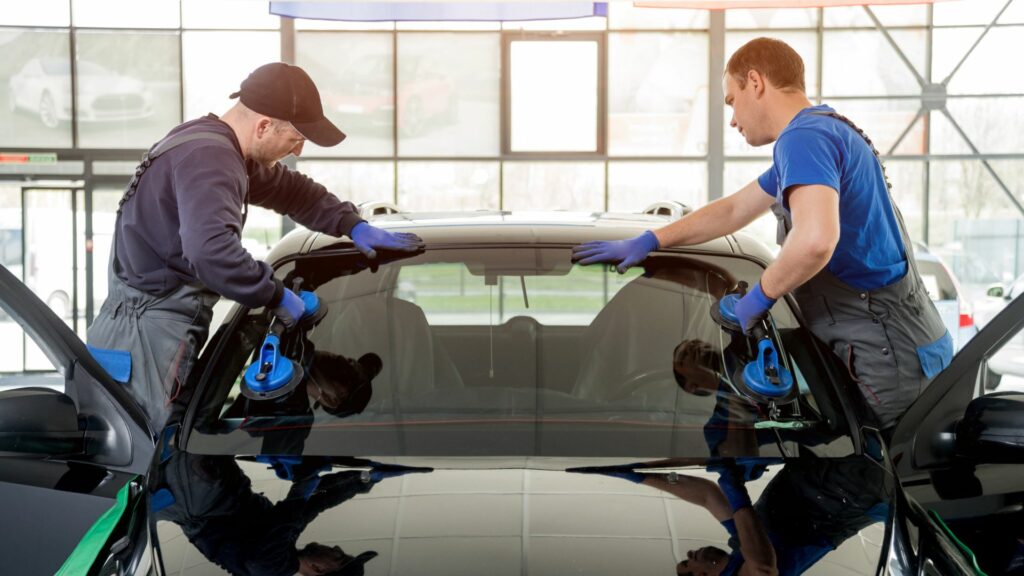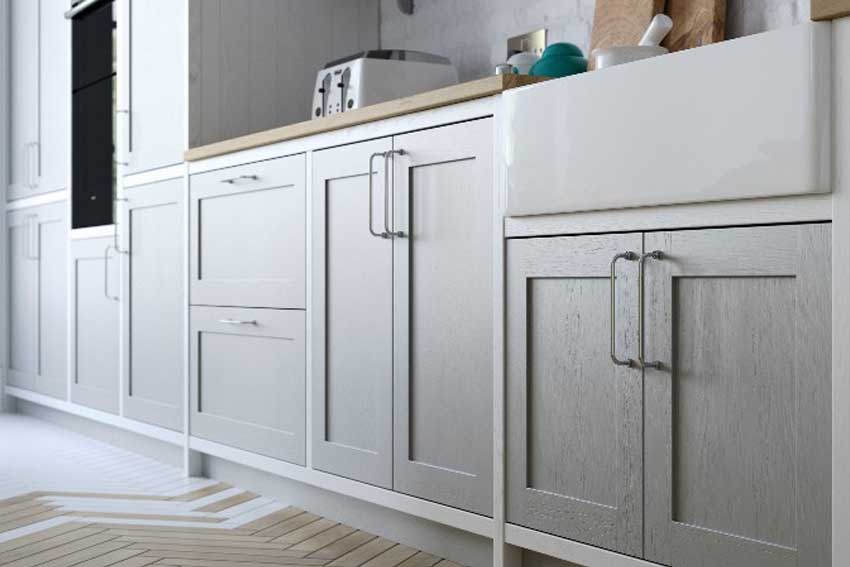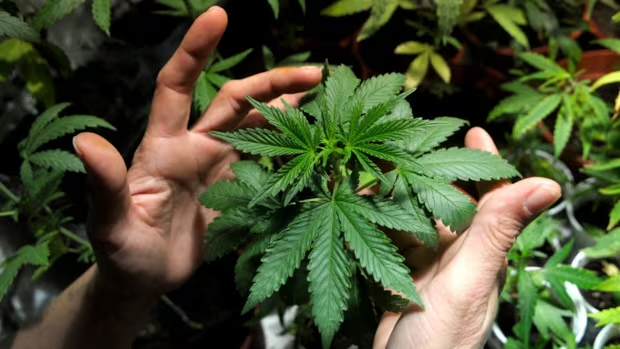Every pet parent knows their furry friend is more than just a pet—they’re family. And for dachshund owners, these long-bodied cuties bring endless joy with their playful antics and loyal companionship.
But what happens when your beloved doxie faces a health challenge like Intervertebral Disc Disease (IVDD)?
What is IVDD?
Intervertebral Disc Disease (IVDD) is a condition affecting the spine, common in dachshunds due to their elongated backs.
This disease causes the discs between the vertebrae to herniate or slip, leading to pain, mobility issues, and, in severe cases, paralysis.
Understanding the Symptoms of IVDD
Knowing what to look out for can make a world of difference. Here are some common symptoms of IVDD in dachshunds:
- Reluctance to walk or jump
- Hunched back or tense muscles
- Yelping or whining due to pain
- Wobbliness or uncoordinated movements
- Paralysis in severe cases
If your dachshund shows any of these signs, it’s crucial to consult your vet immediately.
Initial Steps to Take When You Suspect IVDD
Early intervention can significantly impact the outcome. Here’s what you should do if you suspect your dachshund has IVDD:
- Restrict Movement: Keep your dog as still as possible to prevent further injury.
- Consult a Vet: Get a professional diagnosis to confirm IVDD and understand its severity.
- Follow Medical Advice: Adhere strictly to the treatment plan recommended by your vet.
Non-Surgical Treatment Options
Not every case of IVDD requires surgery. Depending on the severity, your vet might recommend non-surgical treatments. Here are some common options:
Medication
Pain relief and anti-inflammatory medications can help manage symptoms and reduce inflammation around the affected disc. Always follow your vet’s prescription and dosage instructions.
Crate Rest
Strict crate rest is often necessary to allow the spine to heal. This means limiting your dog’s movement for several weeks, which can be challenging for both you and your pet. But remember, it’s for their benefit.
Physical Therapy
Physical therapy can aid recovery by strengthening your dog’s muscles and improving mobility. Techniques like hydrotherapy (water-based exercises) are particularly beneficial for dachshunds with IVDD.
Surgical Treatment Options
In severe cases, surgery might be the best course of action to relieve pressure on the spinal cord and prevent further damage. Here’s what you need to know:
Types of Surgery
The type of surgery will depend on the location and severity of the herniation. Common procedures include:
- Hemilaminectomy: Removal of part of the vertebra to relieve pressure.
- Fenestration: Removal of the damaged disc material.
Post-Surgery Care
Post-operative care is crucial for recovery. This includes:
- Crate Rest: Even after surgery, strict crate rest is essential.
- Rehabilitation: Engage in vet-recommended rehabilitation exercises to regain strength and mobility.
- Medication: Continue prescribed medications to manage pain and prevent infection.
Home Care Tips for Dachshunds with IVDD
Caring for a dachshund with IVDD requires patience and dedication. Here are some tips to make the process smoother:
Comfort Measures
- Soft Bedding: Provide a comfortable, supportive bed.
- Temperature Control: Keep the room at a comfortable temperature to help ease muscle tension.
The Role of Diet and Nutrition
A healthy diet is vital for overall well-being and can aid in recovery. Ensure your dachshund’s diet is:
- Balanced: Provide a diet rich in vitamins and minerals.
- Appropriate Portions: Avoid overfeeding to prevent obesity, which can exacerbate spinal issues.
Emotional Support for Your Dachshund
Your dachshund’s emotional well-being is just as important as their physical health. Keep their spirits high with love and attention:
- Gentle Interaction: Spend quality time with your pet without encouraging too much movement.
- Mental Stimulation: Engage them with toys and puzzles that don’t require physical activity.
Caring for a dachshund with IVDD is challenging but manageable with the right knowledge and support. Stay proactive, follow your vet’s advice, and give your pet all the love they deserve. Your furry friend’s health and happiness are worth every effort.






